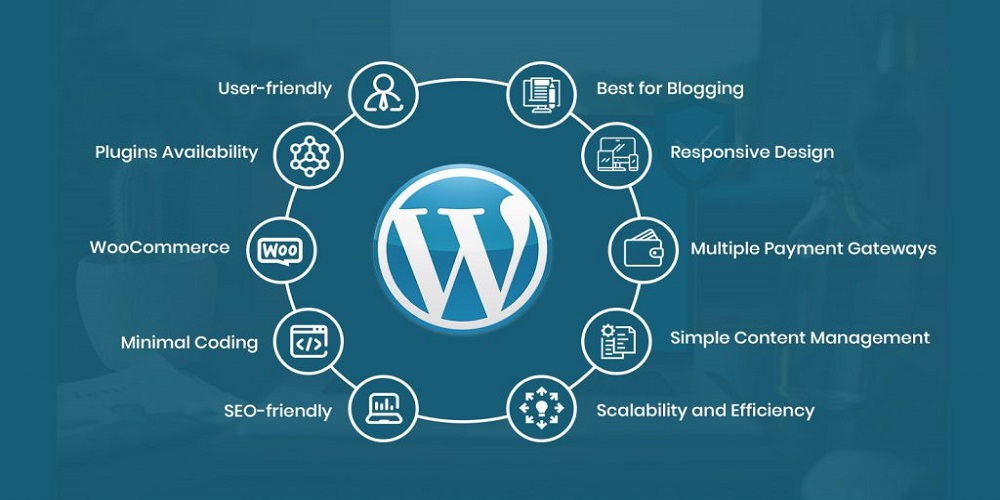User-friendly CMS
A CMS like WordPress allows website administrators to edit pages, navigate the website backend, and upload new content.
Even without technical skills like website management or coding skills, website owner or blogger can edit and maintain her website with easy-to-use features like drag and drop .
Plugin
One of the main advantages of WordPress is that it has over 45,000 plugins for almost every feature. Whether you’re looking to improve your SEO or do website analytics, you’ll find plugins specific for everything.
This means you don’t have to write a line of code for every feature your website needs. Just install the plugin and use this feature on your website.
SEO friendly
The WordPress plugin is designed for SEO purposes and simplicity. Some struggle with meta descriptions and tags. WordPress helps make these tags easy to use and understand.
Additionally, WordPress is also a great teacher when it comes to optimization. WordPress helps identify the most used phrases and words on your blog that can be used as keywords to make your site or blog more SEO friendly for him. That way, more people can find your content and benefit from it at the same time.
Responsive website
As more and more people use mobile devices to browse the web, a mobile-friendly website is essential for both his UX and SEO. When it comes to responsive, most WordPress themes and themes are responsive. By using WordPress as your website’s CMS, you can benefit from a responsive website for your business without having to build a separate website at all.
Open source community
One of the main advantages is that WordPress is an open source platform. This means developers can use, modify, and explore code without having to write it from scratch.
Being open source software, WordPress programmers can also share their code with other developers online. This can save a lot of time and money in writing and implementing new code bases for small or large changes.

